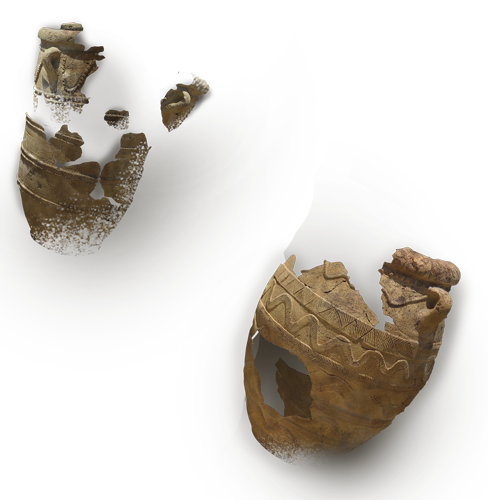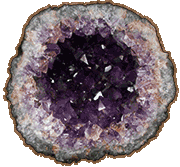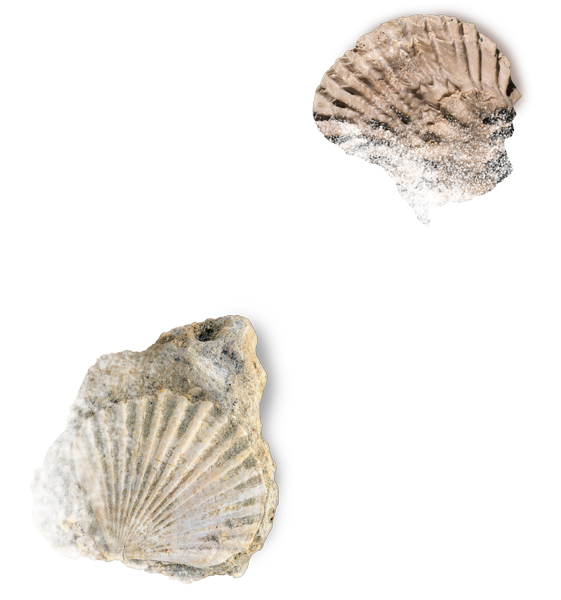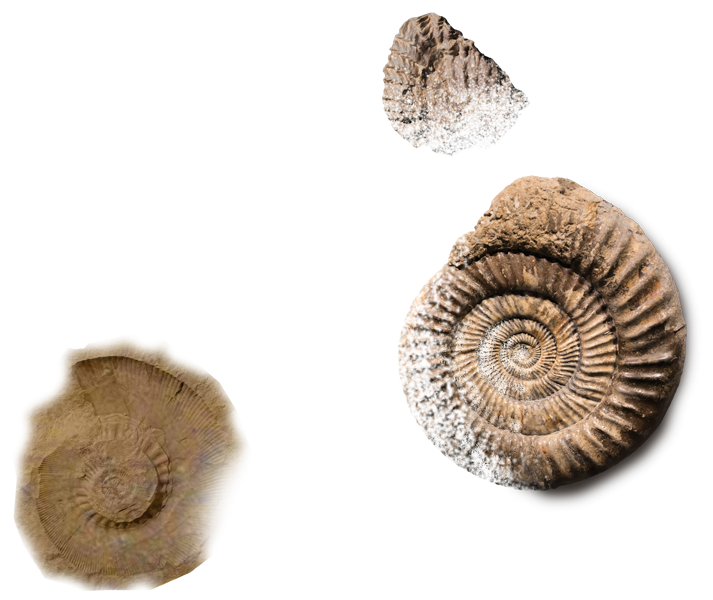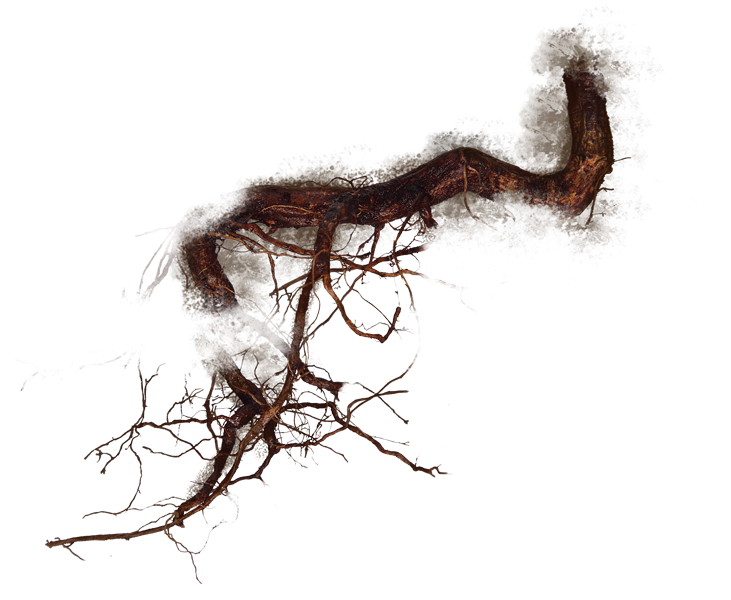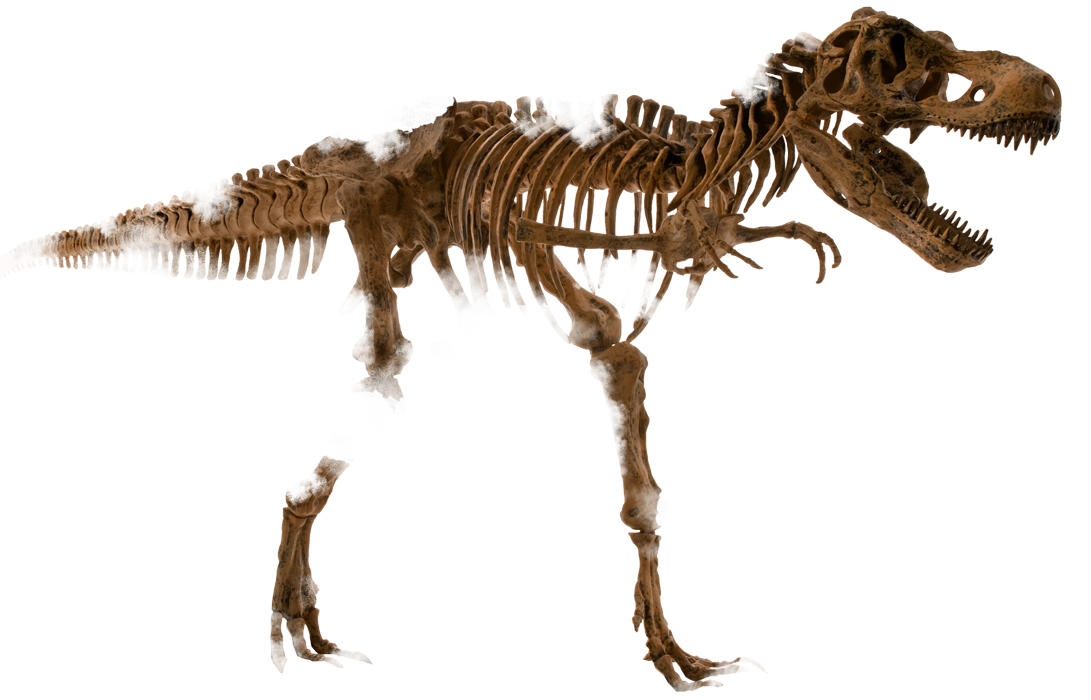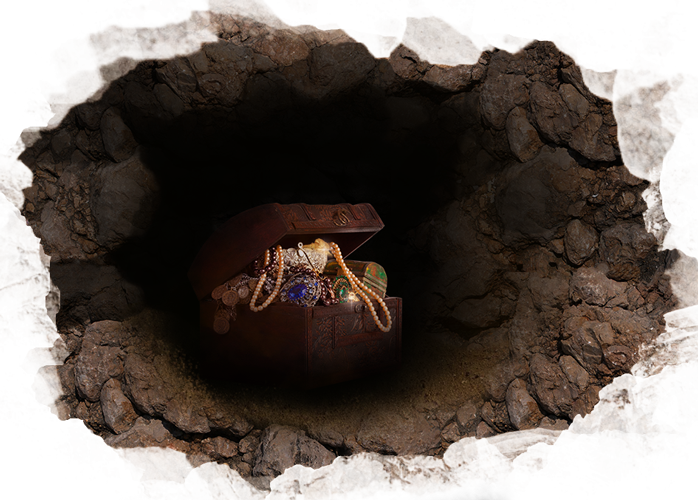
Up to 20 feet down
Silt, gravel, fine sand
Munich is built on gravel! The Munich gravel plain developed 10,000 years ago during the Würm Ice Age. The enormous force of the glacier ice also formed the river bed of the Isar.
Up to 33 feet down
Silt, fine sand, clay
When the Olympic Tower opened on a meadow in Oberwiesenfeld in 1968, it became a landmark for Munich. The foundation extends 39 feet into the ground and the tower juts 955 feet into the sky.
Up to 66 feet down
Gravel, silt, coal
The Bavaria statue on the Theresienwiese marks Munich's Oktoberfest area. From a height of 61 feet, Bavaria watches over the guests at Paulaner's "Winzerer Fähndl" beer tent.
Up to 89 feet down
Silt, gravel, clay
75 feet below Marienplatz is one of Munich's most important hubs. At rush hour, up to 32,400 people per hour might commute to or from the Marienplatz subway and train station.
Up to 98 feet down
Argillite
Argillite/brick clay: Drilling for clay and processing it into bricks represents a cornerstone for Munich – from the wall of the city to the Frauenkirche.
Up to 105 feet down
Silt, fine sand, clay
Up to 131 feet down
Fine sand, silt
We recommend a tour of the tent roof for the more venturesome of visitors to the Munich Olympic Park. Descending from a height of 131 feet from the spine of the tent roof down to the pristine lawn of the Olympic Stadium, the visitor hangs vertically from the rope.
Up to 148 feet down
Argillite, fine sand, silt
Up to 164 feet down
Clay, gravel
Clay has an insulating effect and is therefore excellent for making classic mugs. That keeps our good Paulaner beer cool and refreshing for longer.
Up to 180 feet down
Argillite, gravel, silt
The Wiesn visitor slides down 55 undulating meters of track on the traditional "Münchner Rutschn" ride, just as much a part of the Wiesn experience as Paulaner Oktoberfest beer.
Up to 187 feet down
Argillite
306 steps lead upwards to the watchman's tower of St. Peter's Church at Marienplatz. At an elevation of 56 meters, you can get a once-in-a-lifetime view of Munich's historic district.
Up to 194 feet down
Fine sand, gravel, clay, silt
Up to 266 feet down
Argillite
Precious gems develop in the Earth's crust under very high pressure and extremely high temperatures. Their beauty has always enchanted us humans.
Up to 285 feet down
Fine sand
High above, in the tower of Munich's New Town Hall, the Münchner Kindl – the "Munich Child" depicted on the city's emblem – watches over the capital of Bavaria from a height of 279 feet. The tower itself houses the famous Glockenspiel chimes and the office of Munich's mayor.
Up to 305 feet down
Clay, sand
Up to 328 feet down
Ton, kiesig, sandig
The towers of Munich's Frauenkirche, the tallest landmark of Munich, reach a height of about 325 feet. As a matter of principle, no high-rise in the city may stand taller.
Up to 367 feet down
Argillite
Up to 381 feet down
Fine sand, silt, clay
Up to 387 feet down
Argillite
Up to 404 feet down
Fine sand, silt, clay
The roots of the fig tree can dig into the soil for up to 394 feet on a quest for water.
Up to 420 feet down
Clay, gravel, sand
On hot summer days, Lake Starnberg is a popular destination for day trips. Munich's residents enjoy swimming there or just relaxing. Lake Starnberg measures 420 feet at its deepest point.
Up to 453 feet down
Fine sand, silt
Up to 469 feet down
Clay, gravel
Up to 479 feet down
Gravel, silt
The Cheops pyramid is Egypt's oldest and largest pyramid. It was originally 146 meters high and is one of the seven wonders of the ancient world. The ancient Egyptians were also probably the first to brew beer.
Up to 545 feet down
Clay, gravel, sand
A high-rise becomes a skyscraper when it reaches the 492-foot mark. Germany has a total of 15 skyscrapers.
Up to 551 feet down
Clay, fine sand
Up to 577 feet down
Fine sand, silt, clay, gravel
The tallest smokestack of Munich's heat and power plant is 577 feet high, making it the second-tallest building in the city after the Olympic Tower.
Up to 623 feet down
Clay, gravel, sand
Paulaner draws its brewing water from an aquifer 623 feet down, where layers of rock have protected it for millennia. Only a few breweries in the world can draw on such precious water for brewing: it is extremely pure and soft.



